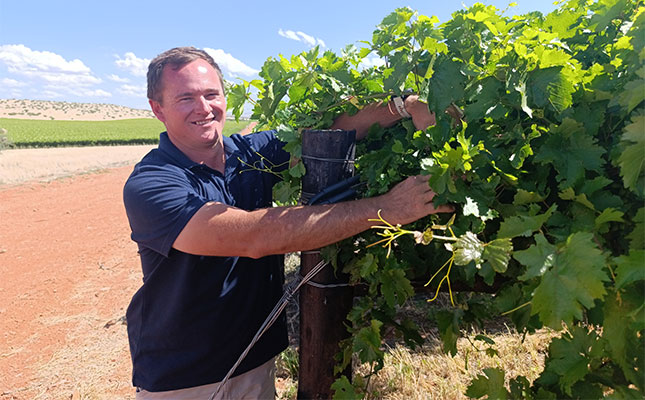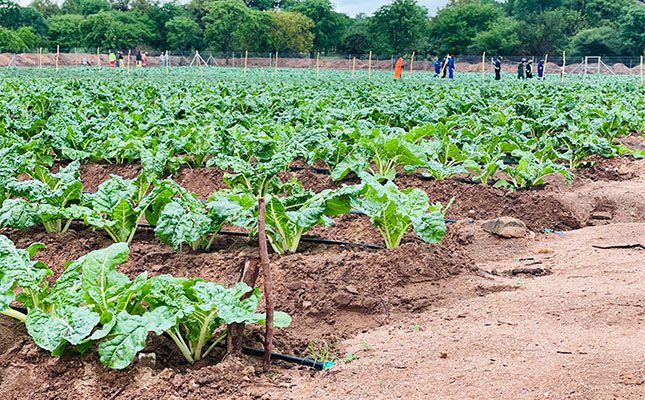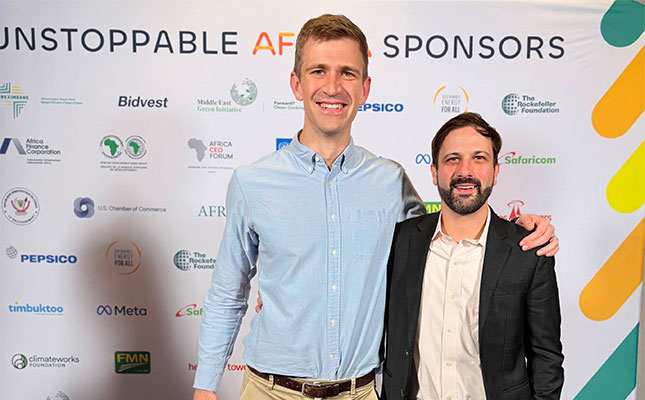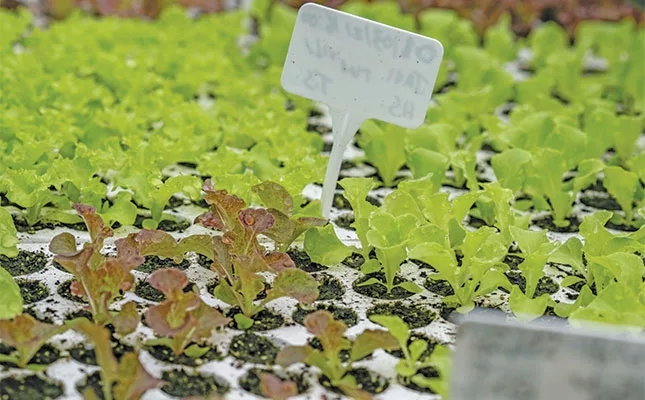
The notion of rooftop farming in a city centre is the epitome of farm to table production.
It solves one of the major challenges faced by many farmers; proximity to the market. If done in a greenhouse, it also protects the crop from the elements.
The property developers, on the other hand, are able to generate an income from unused space, provide green areas in a concrete jungle, and meet a few environmental and social commitments along the way.
If only it were that simple
Zandile Kumalo approached 19 shopping centres before finding a property that was suitable, and agreeable to a rooftop farm.
“Most rooftops of commercial buildings in South Africa are made from corrugated iron, and can’t support the weight of a hydroponic system. Furthermore, a farm can’t afford the same rent as other tenants because of the slimmer margins, so we need to negotiate discounted rates. But we do bring benefits for the centre and it is important to be clear about that when negotiating the lease. It’s not easy to get a ‘yes’ from a shopping centre,” Kumalo points out.
In Kumalo’s search for suitable premises, she came across Morningside Shopping Centre, just as they were investigating the possibility of a rooftop farm. This two-storey building in Johannesburg was initially planned with a third level.
Although it didn’t materialise, it did mean that the roof had the necessary capacity to carry a hydroponic farm. In 2020, Kumalo entered into a joint venture with the centre to establish Neighbour Roots, and erecting the 300m² farm.
The partnership was a necessary step to make the farm a reality. Having a flexible mindset is a trait Kumalo highlights as vital for success.
“You need to have an open heart so that you can enter into partnerships when you need to. We all want full control over our businesses, but in an industry that is so capital intensive, you either work with someone, or not at all.
“Hydroponics cost more to erect than open farming, but the price for the produce is the same. So it’s difficult to convince financiers to fund you. You need someone that understands the risk of farming, and has the patience to wait for a return,” she says.
Neighbour Roots produces a host of produce, all of which is sold to restaurants in the centre, resulting in no transport costs. Five different types of leafy lettuce, baby spinach, basil, micro greens, and tomatoes are produced hydroponically.
With the exception of tomatoes and basil, all the crops are produced year round.
Convincing chefs to procure their supply from Neighbour Roots was not easy, and Kumalo had to prove that she could consistently provide high quality produce.
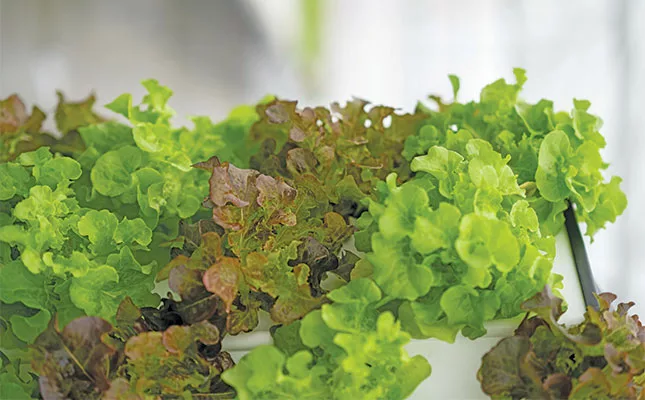
Today, Kumalo has the trust of these clients and the chefs now enjoy the convenience of ordering high quality produce a mere stone’s throw from their kitchens.
While Kumalo has steady orders every week, there are quiet seasons for the restaurants, which can result in excess produce that is not sold. Kumalo has, therefore, partnered with NGOs to collect the produce to use in feeding schemes. This helps her achieve her ’zero waste’ policy, and also provides a tax rebate.
Always looking for opportunities to expand production, Kumalo secured space in River Square shopping centre’s parking lot in 2023 and erected a 400m² hydroponic farm. This was done by HyHarvest, a company she co-owns with Kaelo Moroke. Here spring onions are exclusively grown, since HyHarvest has an offtake agreement with Harvest Fresh, who require high volumes.
Farming in the parking lot was a win for both parties; Kumalo did not face the same challenges with finding a suitable rooftop, and the shopping centre is able to generate income from excess space.
“Riverside Square also faced the challenge of having that area in the parking lot used as a dumping ground, and an area where school children would bunk classes and drink. Now it’s been transformed into a vibrant, productive space.”
A costly learning curve
Kumalo is a successful farmer today, with a host of awards to her credit.
In 2021, she received an Excellence in Agriculture award for the youngest woman to pioneer innovation in urban agriculture from the Charlotte Mannya-Maxeke Institute.
In 2022, she won an Inaugural National Presidential SMME award, and in 2023 was the Food Lover’s Market ‘Seeds of Change’ winner.
But success did not come easy, or overnight. Costly mistakes at the start of her farming journey have taught her valuable lessons.
Kumalo’s interest in farming was piqued when she was still in high school, watching her friend, Moroke, grow crops in his backyard. She joined in, working while completing high school, and later her diploma in analytical chemistry, to expand production across 0,2ha.
“I got to a point in 2017 when I was 25 where I felt I needed to stop playing around and make a real go at farming. I did some research and realised that hydroponic farming would solve a lot of the problems we faced with open field farming. With my knowledge of chemistry, and Kaelo’s background in IT, it was a good fit.”
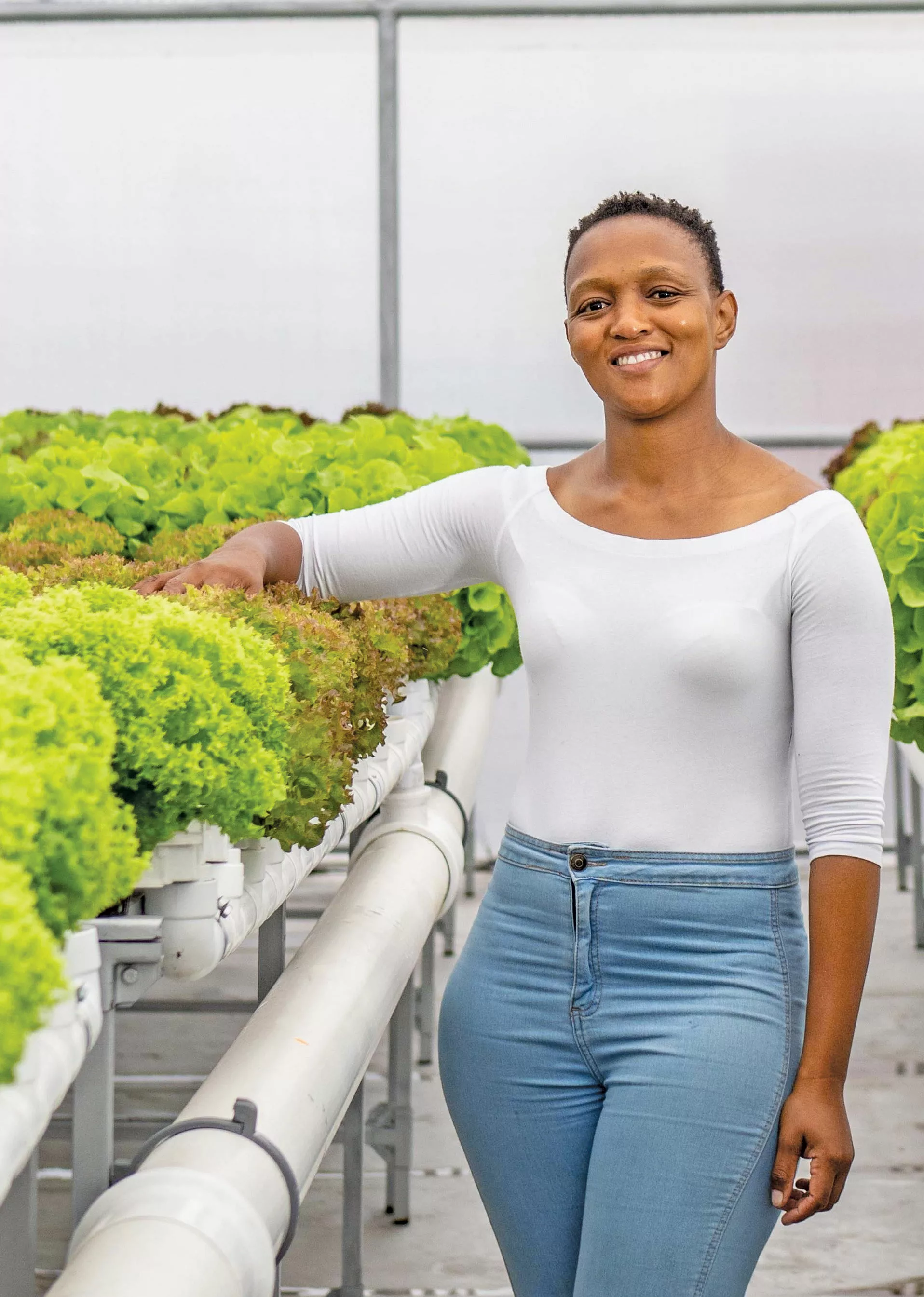
Kumalo notes that since hydroponic farming takes place under cover, and in a controlled environment, it does not face the risk of adverse weather.
“When we were farming outdoors, the crop would periodically be wiped out by hail and it would cripple us financially.”
In 2017, Kumalo registered HyHarvest as a business, but was immediately confronted with the challenge of finding funding.
“Hydroponics was quite unknown then and we struggled to convince the Department of Agriculture that it was a viable way of farming.”
In 2019, Kumalo convinced the Vaal University of Technology (VUT) to provide land for HyHarvest free of charge in their science and technology park. Using investment capital from friends and family, Kumalo erected greenhouses at VUT and started her journey into hydroponics.
While Kumalo had the technical skills to produce a good quality crop, she quickly came face to face with one of the biggest reasons farmers often fail: neglecting market research.
“We did what most new farmers do – started farming and expected the market to follow. It didn’t, and for the first 2,5 years we didn’t turn a profit.”
Kumalo says that her biggest mistake was choosing the wrong structure, pairing it with the wrong crop, in the wrong location.
“We put up A-frame houses without roll-up sides so there was no proper ventilation and temperatures sky-rocketed, causing an increase in pests and diseases. We planted a leafy lettuce, which no one in the surrounding area ate. We spent more time trying to convince people to eat what we grew, than we did on farming.”
Another mistake was not having a backup electricity supply, which is crucial for hydroponic crops since a consistent flow of water and nutrients are required.
“There were so many things we overlooked, but which now form the foundation of our success. Learning from those mistakes is what makes us successful today,” she says.
No room for error
Hydroponics farming is an unforgiving endeavour. Since crops are entirely dependent on the nutrient solution they receive, one mistake in the formulation, or a snag in the water flow, could send the whole crop to the compost heap.
Kumalo’s analytical chemistry diploma has stood her in good stead in understanding the chemistry aspect of hydroponic farming.
This made the jump from open-field farming relatively easy.
“What has been challenging is the practical application. Any mistakes can cost you dearly. Nutrients and water need to be supplied at exact quantities at the right time so we need to run a tight ship,” Kumalo points out.
At Neighbour Roots and HyHarvest, coco peat is used as a growing medium, since it can be reused for three years, and provides a chemical-free base. This makes it easier to calculate nutrient compositions and ensure the plants get exactly what they need.
Kumalo produces her own seedlings, since it is more cost effective than buying seedlings.
“Most nurseries want orders of 1000 seedlings and above, but we only need 300 to 350 lettuce seedlings per week. We also need to travel far to fetch the seedlings which pushes up costs, especially since the quantities are small.”
Both farms are dependent on the shopping centres for water and electricity. Backup systems to ensure continuous power during loadshedding is therefore an important consideration when choosing premises.
Fortunately both Morningside and River Square malls have solar power, batteries and generators in place.
The added challenge of farming on a rooftop is that all supplies need to be carried up, and produce down.
“It’s just stairs all day long,” laughs Kumalo. “There are no lifts that go to the roof so you get fit very quickly.”
The greatest production challenge that Kumalo faces is maintaining a team of staff that are as focused and committed to the business as she is, especially since hydroponics require precision.
Moroke, Kumalo, and four staff members work in shifts, ensuring production continues seven days a week. Finding staff with the right skills and knowledge is difficult and Kumalo spends on average six months training each new employee.
Work ethic is however, not as easy to instil. “At one stage we’d have staff coming in over weekends that were drunk. We had to get them to understand that hydroponic farming is a lifestyle and requires full commitment. Now when we employ new staff, we make sure they understand what they are in for.”
The unforgiving nature of hydroponics has meant that Kumalo has had to adopt a firm attitude towards staff. “We’ve had staff forget to add an element to the nutrient solution, or forget to open or close a valve on the irrigation system. Mistakes like this cost you your crop, your income and your reputation with suppliers.
“Employment contracts therefore state that if experienced staff make such mistakes, they have to pay for it. It is very difficult to enforce because you know you are taking food off their table, but without serious consequences for negligence we won’t be able to stay in business.”
Geared for the future
Kumalo has proven herself to be a competent farmer and businesswoman, successfully negotiating for funding, land, and market access. The invaluable experience she has gained puts her in a good position to achieve her next goal: creating a hydroponic agri hub that will provide jobs, skills and food.
She is currently working on identifying vacant state-owned land that could be provided to house a 5ha to 10ha hydroponic farm, and investors who can assist with financing the infrastructure.
With experience farming on a rooftop and the ground, Kumalo notes that for this next project only the latter will be considered.
“Setting up the operation on the ground costs less than half the amount as on the rooftop. So going forward we want to keep it simple and cost effective.”
The list of traits needed to be a successful farmer are ticked off one by one as a conversation with Kumalo progresses. While her go-getter spirit is evident, it is her flexibility, collaborative mindset, and willingness to learn that sets her apart.
Working alongside male partners, Kumalo has come to understand the value she as a female brings. “Women generally have a nurturing, rather than risk-taking attitude. I’ve found myself pulling back when there is too much risk, whereas my male business partners will charge ahead.
“As a mother you never give up on a child, and I don’t want to give up on my projects. The men are, however, quick to say ‘let’s cut our losses’. While this means we often clash, it does provide the business with a good balance.
Sometimes we do persevere and then it’s satisfying to point out that giving up was not the best option. I’ve learnt that it’s important to understand when to let go.”
Her advice to emerging farmers?
“Do your market research and you won’t be living from hand to mouth. Understand your location and market so you are aware what you can grow, how often you will get a harvest, and what and how much you can sell. Often farmers will realise that the nearest market for the crop is two towns away.”
For more information email Zandile Kumalo at [email protected].
Get trusted farming news from Farmers Weekly in Google Top Stories.
➕ Add Farmers Weekly to Google ✔ Takes 10 seconds · ✔ Remove anytime
